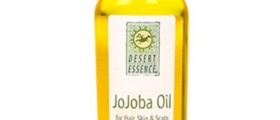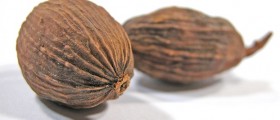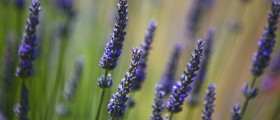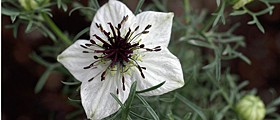
Arnica is an herb that has been known for centuries for itsmedicinal and healing features. The flower, which is of yellow color and whichresembles daisy, is the part that is being used, mostly due to its anti-inflammatoryand antiseptic properties, and it has to be either dried or fresh, although theroots are also used. Today, this herb can be found as an ingredient of manycreams, ointments, oils, gels, sprays, tablets and tinctures, which has made itmuch more commercial and much more available to people who are not familiarwith a proper way in which it should be used in certain cases. It canpractically be found in every healthy food store.
Arnica oil and theuse
Generally, arnica oil is mostly used topically, although itcan be an ingredient of other products and preparations, among which are alsocreams and gels. Due to its properties, there are a number of conditions inwhich it can be used as a part of the treatment. It is particularly helpful incases of rheumatoid arthritis, bursitis, and other cases that have swelling,pain and inflammation as some of the symptoms, but it is also very helpful incases of sprains and fractures, because it reduces the swellings, too. In casesof traumatic injuries, particularly in those in which a lot of blood is lost,it can be used since it promotes healing and relieves pain and aching in themuscles and joints. Acne, boils, rash, and other skin problems can also betreated with arnica oil, because its antibacterial and antiseptic features havebeneficial effect in such cases, but it has also proven to be effective inhealing and reducing the scars. Besides the already mentioned conditions, arnica oil can beused in order to promote the growth of the hair in people who suffer from hairloss, and it can be used for a massage, or when diluted, it can even serve as amouthwash.
Is it safe for everyone?
When it is used topically, it is considered as safe for everyone.However, when it is used for a longer period, it may cause some skin problems,such as blisters, eczema, or irritation, which is why people who are toosensitive or those who are allergic to arnica should not use it at all. There areno records about any interaction with conventional medicines, but this refersto the topical use of this oil. It is highly advised for pregnant and breastfeedingwomen to consult their doctor before using arnica oil, just in order to makesure that there is no reason why they should not use it.

















Your thoughts on this
Loading...